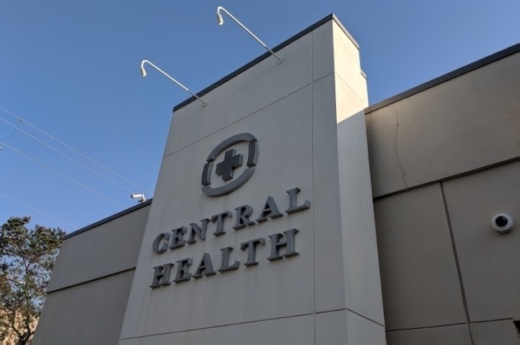The district's board also voted for a new tax rate of $0.107969 per $100 valuation, or about $66 more per year on the average homeowner's property taxes.
The breakdown
Some reasons for the higher budget include the expansion of its specialty care services, such as cardiology, nephrology, rheumatology and endocrinology, according to a statement from Central Health board Treasurer Maram Museitif.
Additionally, the district plans to broaden its behavioral health services and respite care for homeless patients.
The district also budgeted for about 386 full-time employees in the coming year.
Here is a summarized breakdown of the proposed expenses:
- Health care services: $353.46 million
- Administration: $38.51 million
- Agreement with Dell Seton Medical Center: $35 million
- Other: $61.38 million
- Opioid Abatement Expenses: $4.66 million
- Reserves: $395.73 million
Central Health was established by voter approval in 2004 to fund health care services for the county's indigent and low-income residents, primarily through property taxes.
While most public hospital districts in Texas operate their own facilities, Central Health partners with local organizations like the Dell Seton Medical Center.
However, in recent years, the district launched its seven-year Healthcare Equity Plan—a nearly $700 million initiative to invest in more direct care methods and clinics.
What's next
The Central Health budget will go before county commissioners for final approval Sept. 17, and the new tax rate will go into effect Oct. 1.





